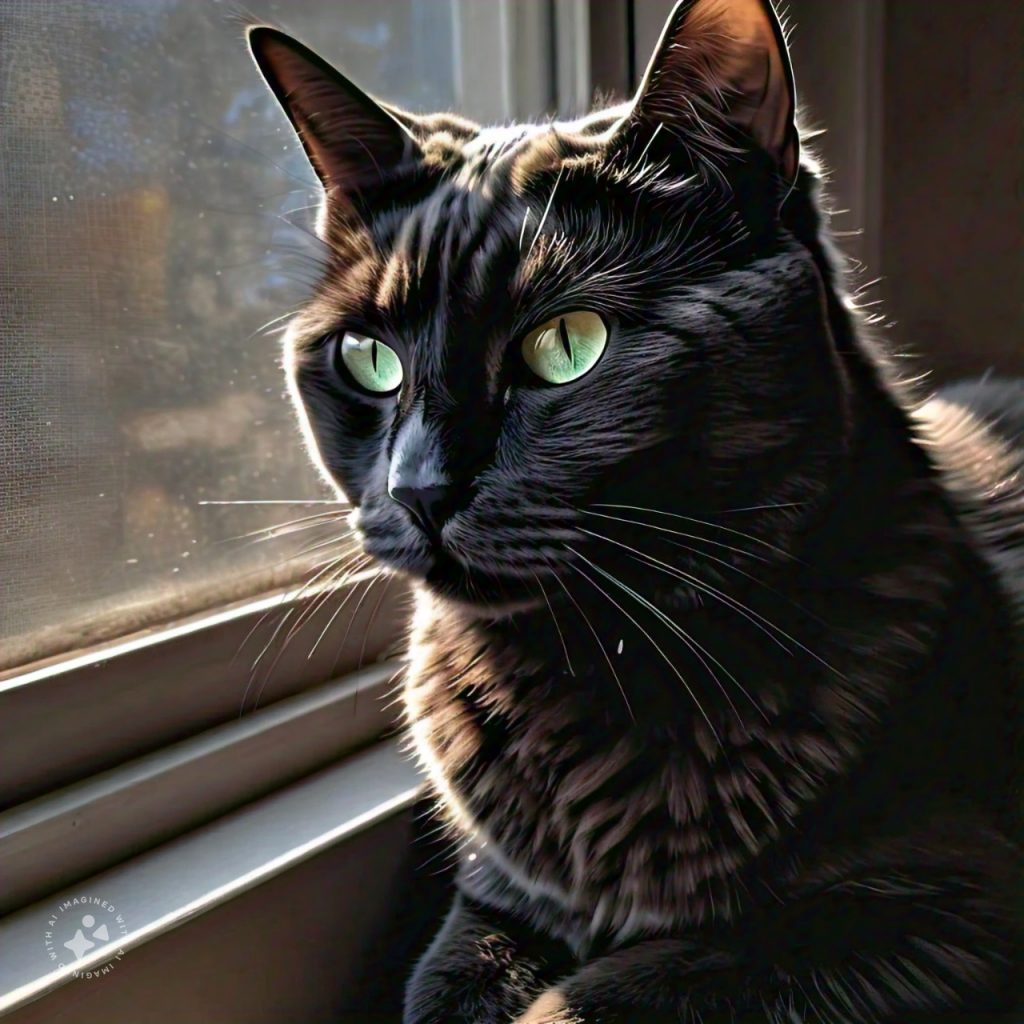Why Is Your Cat Not Eating?
A variety of physical, emotional, and environmental factors can contribute to a loss of appetite in cats. Here’s an in-depth breakdown of the most common causes:
1. Medical Issues
Cats are adept at hiding pain or illness, so a sudden refusal to eat may indicate a serious medical condition. Common issues include:
- Dental Problems: Toothaches, gum disease, or mouth ulcers can make eating painful.
- Gastrointestinal Issues: Conditions such as pancreatitis, inflammatory bowel disease (IBD), or a foreign object obstruction can suppress appetite.
- Kidney Disease: A common ailment in older cats, it often causes nausea, leading to reduced food intake.
- Liver Disease: Hepatic lipidosis or other liver disorders can make your cat feel too sick to eat.
- Respiratory Infections: Cats rely heavily on their sense of smell. Congestion can make food less appealing.
- Pain or Injury: Arthritis, injuries, or other painful conditions can reduce appetite.
2. Stress and Anxiety
Cats are sensitive creatures, and changes in their environment can lead to stress, which may manifest as loss of appetite. Examples include:
- Moving to a new home.
- New pets or family members.
- Loud noises or disruptions, such as renovations or fireworks.
3. Food-Related Issues
Sometimes, the issue lies with the food itself rather than the cat’s health.
- Expired or Stale Food: Cats are highly sensitive to smell and may refuse food that has gone bad.
- Texture or Flavor: Your cat might dislike a new brand or type of food.
- Food Temperature: Cats prefer their food at room temperature or slightly warm, mimicking the temperature of prey.
4. Behavioral Reasons
- Picky Eating Habits: Some cats develop strong preferences for certain foods.
- Schedule Changes: Altering feeding times can disrupt their routine and lead to reduced eating.
5. Aging
Senior cats often experience a reduced sense of smell and taste, which can affect their appetite.
Signs to Watch For
A lack of appetite is often accompanied by other symptoms that can provide clues to the underlying cause. Look for:
- Vomiting or diarrhea.
- Lethargy or hiding behavior.
- Weight loss.
- Bad breath (a potential sign of dental disease).
- Difficulty chewing or swallowing.
- Increased drinking (which may indicate kidney disease or diabetes).
If your cat hasn’t eaten for more than 24–48 hours, or if these symptoms are present, contact your veterinarian immediately.
What to Do If Your Cat Stops Eating
1. Rule Out Medical Causes
The first step is to schedule a veterinary check-up to identify or rule out any underlying health problems. Your vet may recommend:
- Blood Tests: To check for organ function and detect diseases like kidney or liver disorders.
- X-rays or Ultrasounds: To identify obstructions or other abnormalities.
- Dental Exam: To assess oral health.
2. Address Stress or Environmental Changes
- Create a Safe Space: Provide a quiet, comfortable area where your cat can eat without disturbances.
- Stick to Routines: Feed your cat at consistent times each day to create a sense of normalcy.
- Pheromone Diffusers: Products like Feliway can help reduce stress by mimicking calming pheromones.
3. Make Food More Appealing
- Warm It Up: Gently heat wet food to enhance its aroma.
- Add Toppers: Mix in enticing treats like tuna juice, cooked chicken, or a small amount of baby food (without onions or garlic).
- Experiment with Textures: Offer wet food, dry kibble, or semi-moist food to see what your cat prefers.
4. Gradually Transition Foods
If switching to a new food, mix it with the old one in gradually increasing proportions over 7–10 days. Sudden changes can upset your cat’s stomach and lead to refusal.
5. Encourage Hydration
Dehydration can suppress appetite, so ensure your cat has access to fresh water. Consider adding wet food to their diet to increase moisture intake.
When to See a Veterinarian
Seek immediate veterinary attention if your cat:
- Hasn’t eaten for more than 48 hours.
- Shows signs of severe illness, such as vomiting, diarrhea, or extreme lethargy.
- Exhibits rapid weight loss.
- Has underlying health conditions, such as diabetes or kidney disease, that require close monitoring.
FAQs About Cats Not Eating
Why Is My Cat Suddenly Picky About Food?
Cats may develop preferences due to stress, boredom with their diet, or health changes affecting their sense of taste or smell.
Can a Cat Starve Itself?
Yes, prolonged fasting can lead to hepatic lipidosis, a life-threatening liver condition. Cats must eat regularly to stay healthy.
What Can I Feed My Cat to Stimulate Appetite?
Try offering plain, cooked chicken, tuna water, or prescription appetite stimulants prescribed by your vet.
Conclusion
A sudden loss of appetite in cats can be alarming, but understanding the potential causes and taking proactive steps can help resolve the issue. Whether the cause is medical, behavioral, or environmental, timely intervention is key to ensuring your cat’s health and well-being. If your cat’s appetite doesn’t improve quickly, consult your veterinarian for professional advice and treatment.
By addressing the issue promptly and with care, you can help your feline companion return to their normal, happy self.

